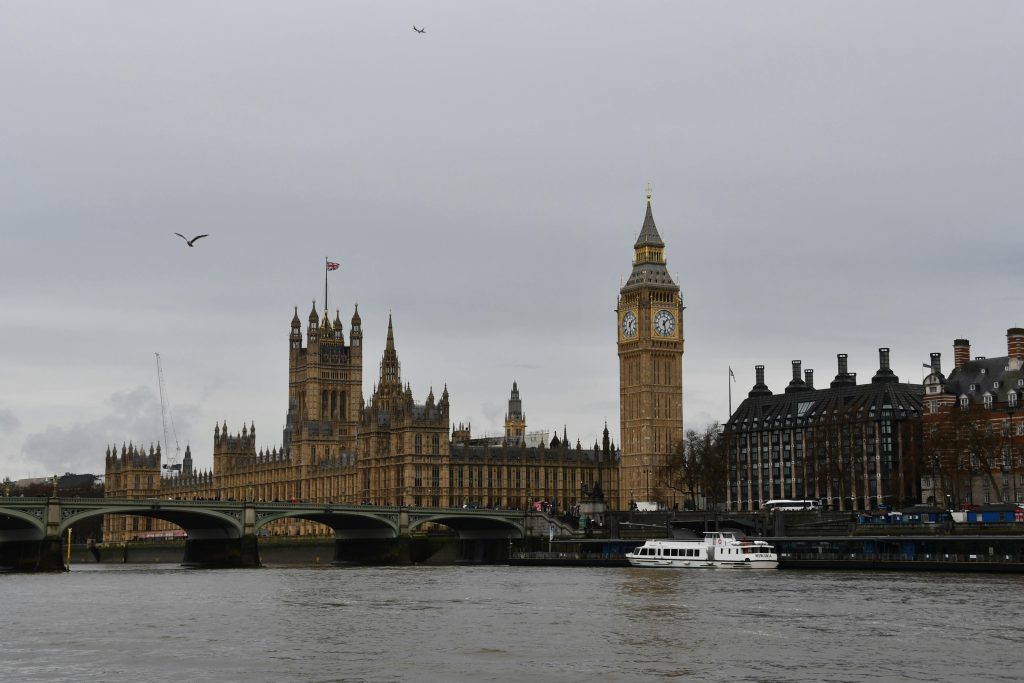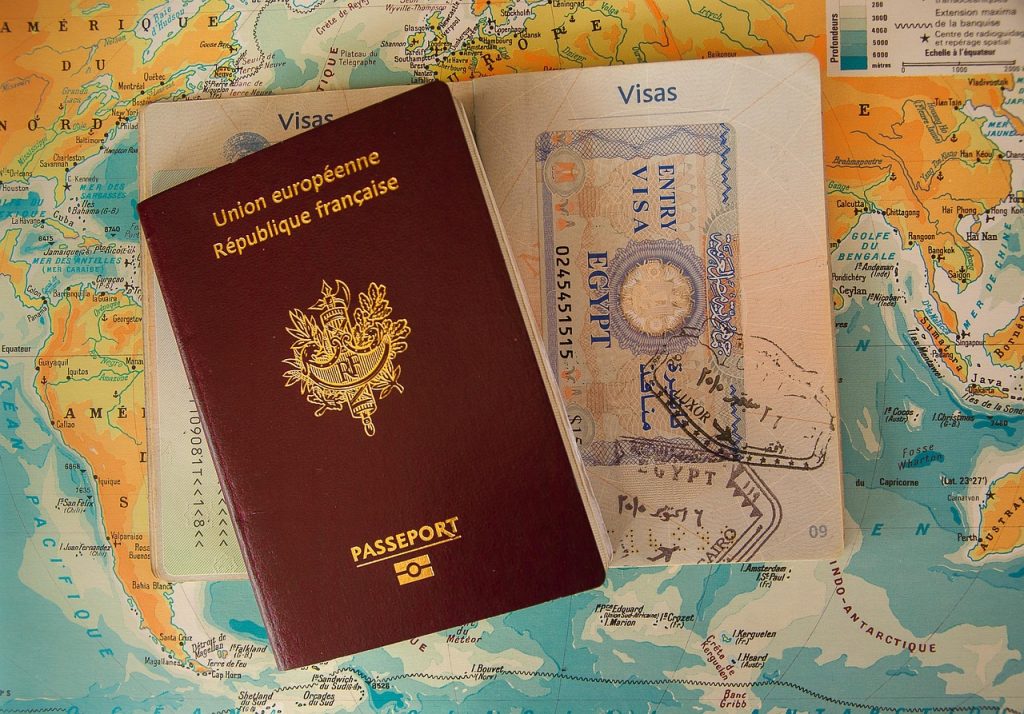Introduction
Visa refusals can be emotionally and financially devastating. Whether you’re a student, a job-seeker, or simply travelling for tourism, getting that rejection letter can feel like a dead end. But it doesn’t have to be. Understanding why visas get denied and how to fix those issues can help you succeed in your next application.
🚫 Common Reasons for Visa Refusals
1. Inadequate Financial Proof
Most visa applications require you to show that you can fund your trip. Bank statements, sponsor letters, or proof of income must be sufficient, consistent, and recent.
How to avoid:
- Show a consistent bank balance over several months
- Avoid sudden large deposits
- Use official formats and include supporting documents
2. Weak Ties to Home Country
If the visa officer suspects you won’t return after your trip, your visa will likely be refused.
How to avoid:
- Provide proof of employment, school enrolment, or property ownership
- Submit family ties and obligations documentation
- Include a strong return statement in your cover letter
3. Unclear Purpose of Travel
A vague itinerary or lack of documentation to support your trip purpose can lead to refusal.
How to avoid:
- Write a clear, concise purpose of travel letter
- Include hotel bookings, tour confirmations, or invitation letters
4. Suspicious Travel History or Immigration Record
If you’ve overstayed a visa before, had an asylum claim, or been previously deported, this can lead to automatic refusal.
How to avoid:
- Be honest about your record
- Include explanations and proof of reformation (e.g., cleared bans)
5. Document Errors
Misspelled names, mismatched information across documents, or expired documents can get your application rejected.
How to avoid:
- Triple-check every document
- Use the correct file formats and sizes if uploading online
6. Failing the Visa Interview
In-person interviews can make or break your application, especially for student or work visas.
How to avoid:
- Practice expected questions
- Be confident and consistent with your documents
- Don’t over-explain — stick to facts
7. Lack of English Proficiency (For Study/Work Visas)
For countries like the UK, Canada, and Australia, failing to meet the language requirement is a common rejection reason.
How to avoid:
- Take IELTS or TOEFL with adequate prep
- Include official test scores with your application
✍️ What to Do If You’re Refused
- Read the Refusal Letter Carefully
This contains your visa officer’s specific concerns. - Don’t Rush a Re-application
Take time to fix the errors and strengthen your application. - Consider an Appeal or Administrative Review
Available in some visa systems (like UK or Schengen) within limited timeframes. - Get Expert Help
If your case is complex, consult a licensed immigration adviser.
Conclusion
Visa refusals are more common than you think — but many are entirely preventable. Use every refusal as a learning opportunity. With better preparation and clarity, your next application could be a success story. Check our templates, checklists, and appeal tips under Visa News & Resources to start fresh, informed, and confident.


